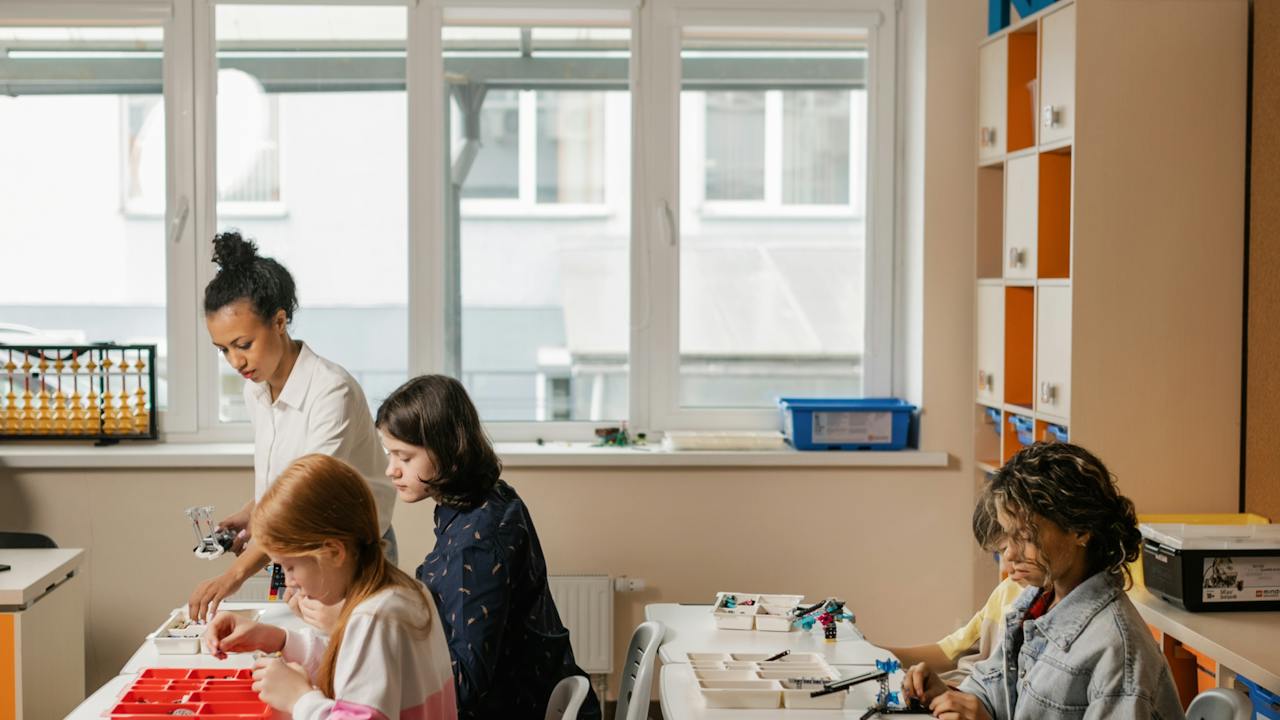Total Experience Learning (TEL) represents a paradigm shift towards a comprehensive approach to education. This transformative model doesn’t just add depth to learning; it integrates breadth, creating an ecosystem where every aspect of the learning journey is interconnected. The philosophy of TEL is built on the foundation that learning is multi-dimensional and should encapsulate not just academic growth but personal and social development as well.
Total Experience Learning is rooted in the belief that education should be immersive, engaging, and continuous. It should blur the lines between different learning environments, times, and modalities, offering a seamless educational journey. From classroom discussions to real-world applications, and from individual assignments to group projects, TEL fosters an environment where knowledge, skills, and experiences coalesce into a meaningful educational narrative.
The Framework of Total Experience Learning
TEL is not just about a singular experience but about the culmination of multiple experiences that contribute to a learner’s growth. Its framework is built upon several core components:
- Experiential Learning: This pillar places students in the driver’s seat of their educational journey, allowing them to learn through doing and reflecting on their actions.
- Collaborative Learning: Learning is inherently social. TEL encourages teamwork and communication, helping students to learn from and with each other.
- Technology-Enhanced Learning: Digital tools and platforms are leveraged to enrich the learning experience, making education more accessible and engaging.
- Reflective Learning: Reflection is critical in TEL, as it enables learners to internalize and make sense of their experiences, leading to deeper understanding and retention.
- Interdisciplinary Learning: This aspect of TEL breaks down traditional subject barriers, encouraging students to make connections across different areas of study.
Incorporating Total Experience Learning in Curriculum Design
To design a curriculum that embodies TEL principles, educators and institutions need to rethink their approach to teaching and learning. This includes:
- Integrating Real-World Scenarios: The curriculum should include real-life problems and scenarios that students can work on, providing relevance to their studies.
- Diversifying Teaching Methods: A blend of lectures, hands-on activities, peer-to-peer teaching, and technology-driven instruction should be used to cater to various learning styles.
- Building Reflective Practices: Opportunities for reflection should be woven into the curriculum, allowing students to ponder over what they have learned and its implications.
- Fostering a Community of Learners: Creating a supportive learning community where students feel safe to express ideas and take intellectual risks is essential.
Technology’s Role in Enhancing Total Experience Learning
Technology is a cornerstone of TEL. It extends learning beyond the traditional classroom and provides an array of tools for students to explore and create. This includes:
- Interactive Software: From simulation tools to educational games, technology can make learning more interactive and fun.
- Collaborative Platforms: Online forums, shared document platforms, and virtual meeting spaces enable collaboration across distances and time zones.
- Personalized Learning Paths: Adaptive learning technologies can tailor educational content to meet individual student needs, pacing, and learning preferences.
Challenges in Implementing Total Experience Learning
While the benefits of TEL are numerous, there are challenges in implementation, such as:
- Resource Allocation: Adequate resources must be dedicated to developing and maintaining the infrastructure required for TEL.
- Teacher Training: Educators need to be trained in new pedagogical techniques and technologies to effectively deliver a TEL curriculum.
- Assessment Models: Traditional testing methods may not adequately measure the diverse outcomes of TEL, necessitating innovative assessment strategies.
Total experience learning
Total Experience Learning represents the future of education, one that is holistic, integrative, and reflective. By adopting TEL, educational institutions can cultivate not only well-informed students, but also well-rounded individuals ready to face the complexities of the modern world. As we embrace TEL, we step towards an educational renaissance that transcends traditional learning models, making education a continuous, engaging, and life-enriching experience.

